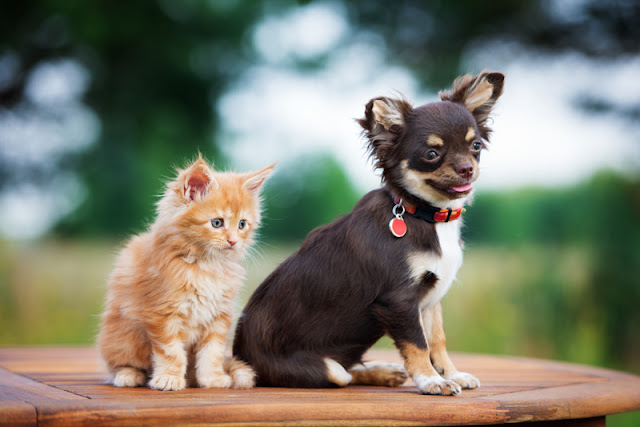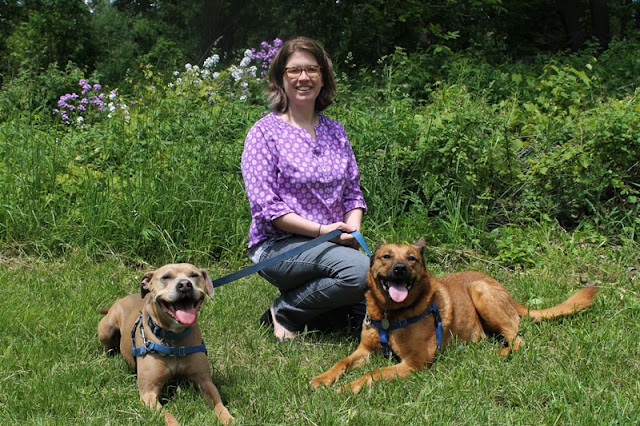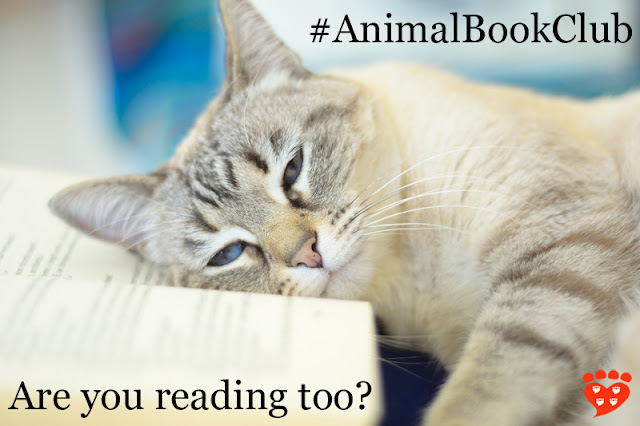Did We Evolve to Love Dogs?

Is part of the reason dogs manage to wrap their paws around our hearts because we're predisposed to love them? By Kristi Benson CTC Special Correspondent "...a tendency in people to seek relationships with the natural world." Photo: Paddlepooch (Shutterstock). Biophilia means, simply put, a focus on life and living things. Some researchers would even say it’s a love of living things. It has been used to refer to a tendency in people to seek relationships with the natural world: our love of greenspace, of potted plants, of well-tended trees on city boulevards, and maybe even (did you guess where this was going?), our love of animals, wild and domestic alike. Considering you are reading a blog dedicated to spreading welfare-boosting, scientifically valid information about companion animals, it will not come as a surprise to you that many people find animals to be irresistibly compelling. Naturalist E.O Wilson suggests that this biophilia, this love of living thin...





